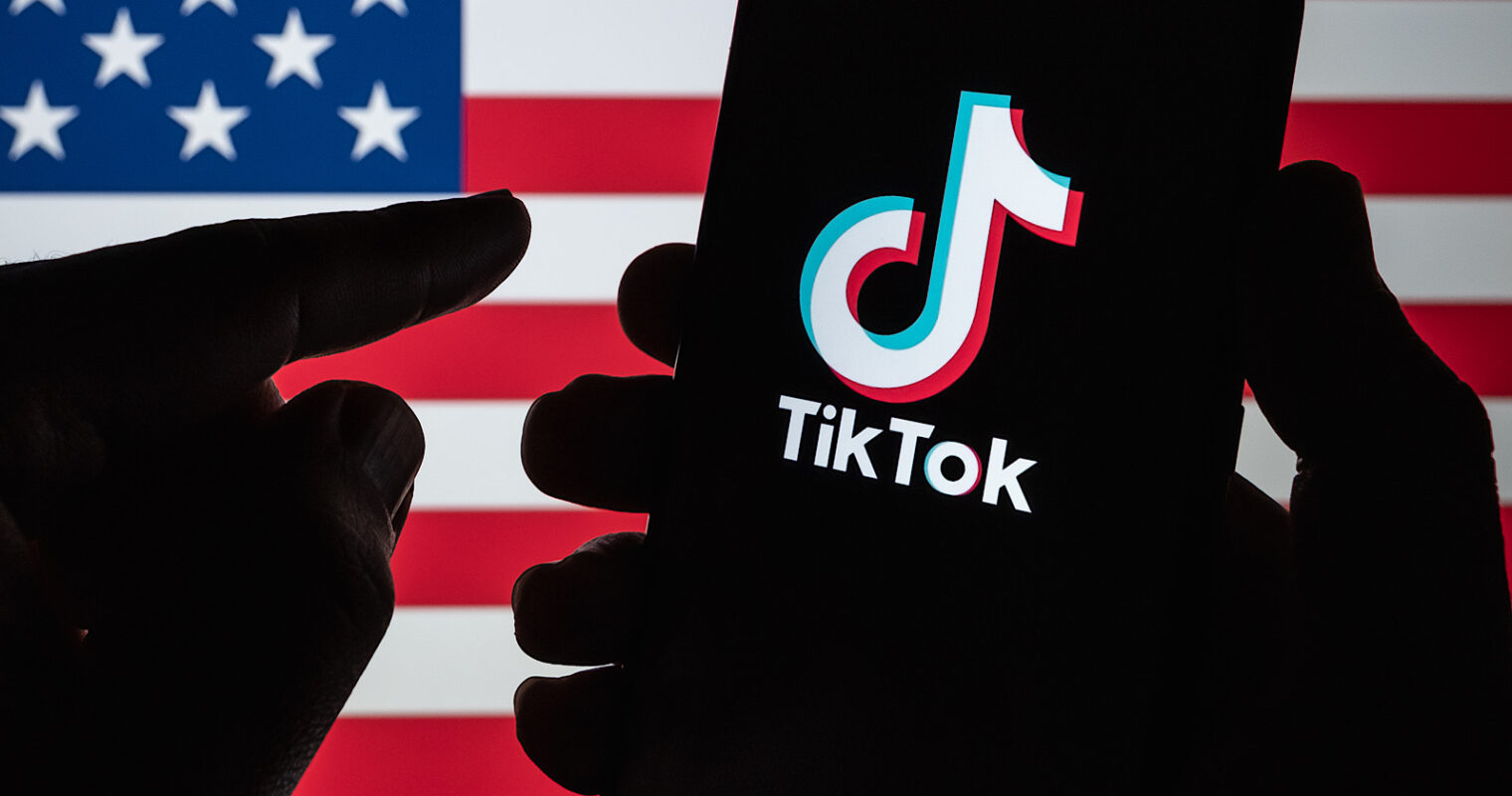TikTok’s parent company ByteDance has agreed to pay a $92 million settlement in a lawsuit alleging it violated Illinois’ biometric privacy laws. The company still disputes the truth of the accusations against them, of course, but right now it just wants to move on from the whole thing.
The federal lawsuit combined 21 separate class-action suits from across multiple districts into one big Katamari lawsuit, claiming that both TikTok and its predecessor Musical.ly invaded numerous users’ privacy — including minors.
“Specifically, Plaintiffs allege that the TikTok app infiltrates its users’ devices and extracts a broad array of private data including biometric data and content that Defendants use to track and profile TikTok users for the purpose of, among other things, ad targeting and profit,” reads the settlement agreement filed to the U.S. District Court for the Northern District of Illinois on Thursday.
The complainants also accused TikTok of using the facial recognition technology in its video filters to gather data such as a user’s age and ethnicity and expressed concern about TikTok storing data on servers outside the U.S. TikTok has repeatedly been accused of sharing user data with the Chinese government, or at the very least being a virtual treasure trove of information the government could dip into if it chose. The company has continuously denied this.
a TikTok spokesperson says “While we disagree with the assertions, rather than go through lengthy litigation, we’d like to focus our efforts on building a safe and joyful experience for the TikTok community,”
While there is a special subclass for Illinois residents, the class in this action broadly includes anyone in the U.S. who used TikTok or Musical.ly before Feb. 25 — the date the agreement was filed. This means anyone who fits this definition can submit a claim to receive a fraction of that $92 million payout, though it’ll be a significantly less impressive number once it’s all divided up.
In addition to this monetary relief, TikTok has also agreed that it must state in its Privacy Policy whether the app collects users’ biometric information or GPS data, as well as if it stores or transmits user data outside the U.S. It will further implement new training on data privacy laws for employees.
The settlement agreement is now awaiting judicial approval, which is likely to arrive next week.

